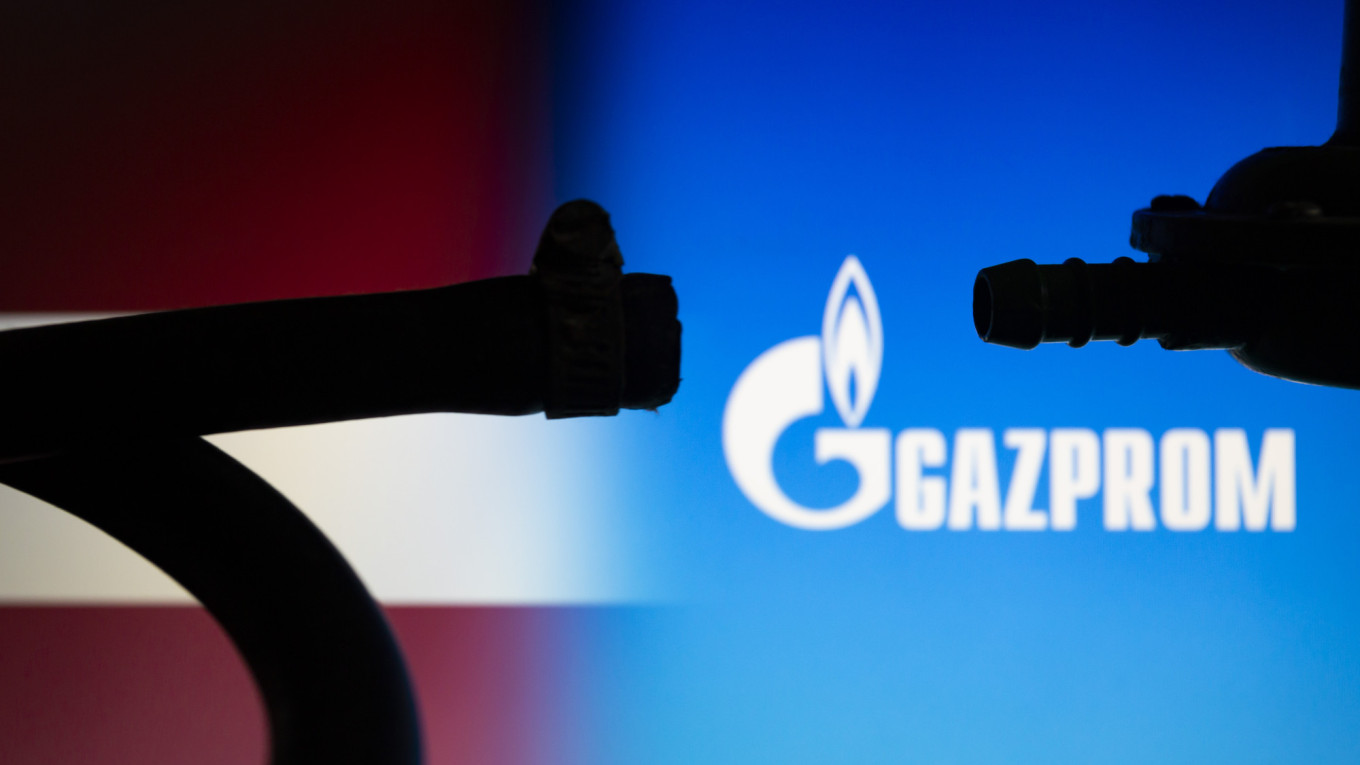Russian energy giant Gazprom said Wednesday that delivery of a turbine needed to keep gas flowing to Europe via the Nord Stream 1 pipeline was "impossible" due to sanctions on Moscow.
"Sanctions regimes in Canada, in the European Union and in Britain, as well as the inconsistencies in the current situation concerning the contractual obligations of [turbine maker] Siemens make the delivery impossible," Gazprom said in a statement.
The statement risks further increasing concern in European countries who suspect Moscow is looking for an excuse to delay the turbine's return to Russia and further reduce its gas deliveries.
German Foreign Minister Annalena Baerbock said Russian President Vladimir Putin was trying to "play games with us" but said there was "no chance" he could split the Western alliance.
Earlier on Wednesday, Chancellor Olaf Scholz accused Russia of blocking the delivery of the key turbine to throttle gas supplies to Europe, as he raised the possibility of keeping nuclear plants going.
The continent's biggest economy has been scrambling for energy sources to fill a gap left by a reduction in gas supplies from Moscow.
Baerbock acknowledged it had been "a mistake to be so dependent on Russian cheap gas", prompting a drastic change in German energy policy to phase it out.
The delayed return of the turbine from Canada, where the unit was being serviced, was behind an initial reduction in gas deliveries via the Nord Stream 1 gas pipeline in June, according to Gazprom.
Canadian Foreign Minister Melanie Joly on Wednesday admitted that returning the turbine to Russia was "a difficult decision," also condemning Putin's attempt to "sow division."
Supplies via the energy link were further reduced to around 20% of capacity in late July, after Gazprom halted the operation of one of the last two operating turbines due to the "technical condition of the engine."
A Message from The Moscow Times:
Dear readers,
We are facing unprecedented challenges. Russia's Prosecutor General's Office has designated The Moscow Times as an "undesirable" organization, criminalizing our work and putting our staff at risk of prosecution. This follows our earlier unjust labeling as a "foreign agent."
These actions are direct attempts to silence independent journalism in Russia. The authorities claim our work "discredits the decisions of the Russian leadership." We see things differently: we strive to provide accurate, unbiased reporting on Russia.
We, the journalists of The Moscow Times, refuse to be silenced. But to continue our work, we need your help.
Your support, no matter how small, makes a world of difference. If you can, please support us monthly starting from just $2. It's quick to set up, and every contribution makes a significant impact.
By supporting The Moscow Times, you're defending open, independent journalism in the face of repression. Thank you for standing with us.
Remind me later.






